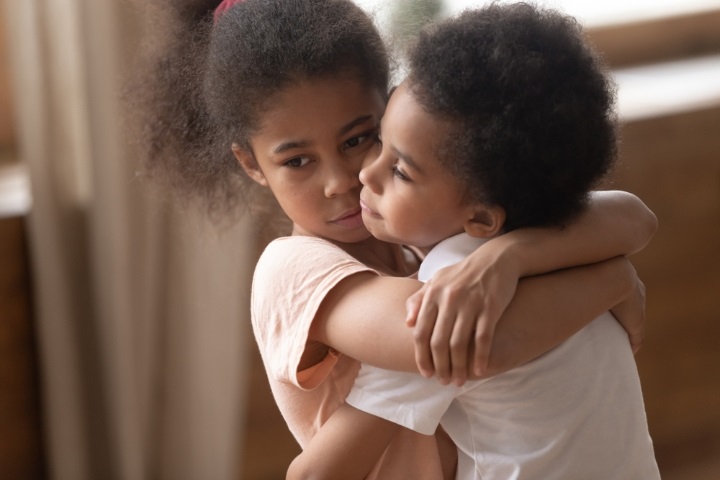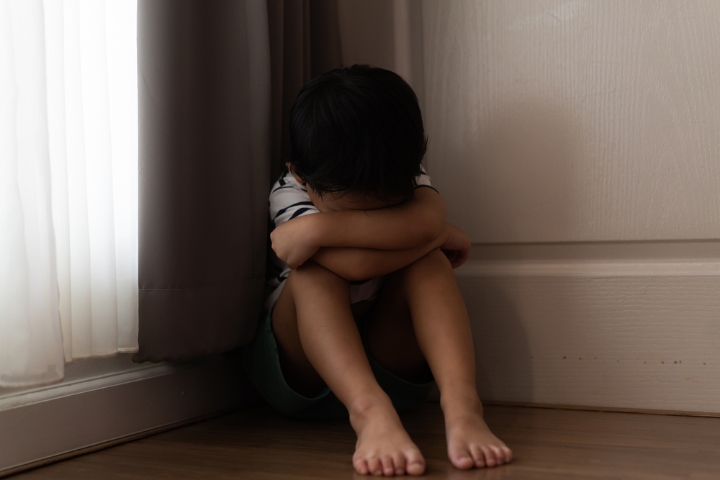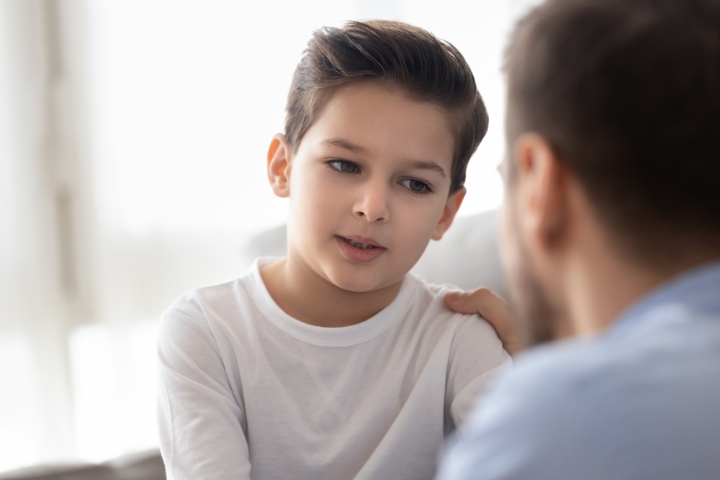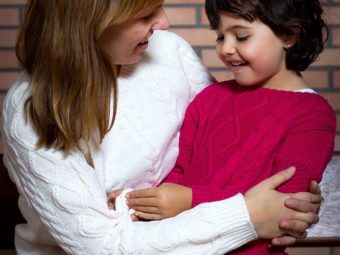
Image: Shutterstock
Parents always want their children to be responsible from an early age. This trait benefits them in many ways as it can teach them how to manage time as well as their daily chores, from school to homework. But what if being responsible turns the kids into an adult too soon? Parentification of children is a difficult yet all too common problem that many families face. It occurs when parents rely on their children to fulfill roles and responsibilities they should be taking care of themselves.
In this article, we’ll shed light on parentification and everything you need to know about this unheard behavior. So let’s begin with a simple definition.
What Do You Mean By Parentification?
Image: Shutterstock
Parentification is a term used to describe the process of children taking on roles and responsibilities that are typically reserved for adults. This can include providing emotional support, financial help, or even taking on parenting duties for other siblings. While this may seem like an easy solution in the short term, it can have devastating consequences in the long run, as it puts an unfair burden on kids who are not emotionally mature enough to handle these tasks and responsibilities. It can occur in both healthy and unhealthy ways, depending on the age of the child, their maturity level, and how much support they receive from their family or other caregivers.
Now let’s dive deeper into the fundamentals of parentification as well.
What Are The Types Of Parentification?
Image: Shutterstock
Parentification can be classified into 2 types:
- Instrumental Parentification
The first type is called instrumental parentification which occurs when a child takes over household tasks like cooking, cleaning, or providing emotional support for siblings due to absent parents or other circumstances beyond their control, like poverty or illness within the family unit.
This type often has more long-term consequences because it forces children into adulthood at an early age without appropriate guidance from adults who should be helping them learn healthy coping skills for life’s challenges later down the line.
- Emotional Parentification
The second form is known as emotional parentification where a child becomes responsible for managing emotions within their home environment due either directly, or indirectly to meet those needs instead of having them met by an adult figure. This could take many forms including comforting siblings during times of distress, mediating arguments between parents, etc.
The danger here lies in not only developing unhealthy patterns but also potential feelings of resentment towards one’s caregivers if they become overly dependent upon their emotions rather than seeking out help elsewhere.
What Are The Causes Of Parentification?
Image: Shutterstock
Now, let’s discuss some of the common causes of parentification.
- The first cause is when one or both parents suffer from mental health issues like depression or addiction which prevents them from providing adequate care to their children. This leaves the kids with no other choice but to take up parental roles within the home environment such as taking care of siblings or managing household tasks typically done by adults like grocery shopping and budgeting finances etc.
- Another cause may be due to economic hardship where parents have limited resources available for childcare while they work long hours leaving little time for parenting duties; thus resulting in kids having too much responsibility at an early age leading them into becoming “parentified” individuals.
- Divorce could also lead to parent-child role reversal if either one of them fails to provide emotional support during difficult times, causing children to feel obligated towards filling that void left behind by the parents who cannot fulfill basic needs anymore due to being separated physically & emotionally from each other creating further instability within households dynamics overall.
What Are The Signs Of Parentified Kids?
Image: Shutterstock
Some common signs may indicate a child has been parentified:
- The child takes on adult responsibilities like cooking meals, taking care of younger siblings, or managing finances.
- They might also become overly independent and avoid asking you for help even when they need it.
- One may notice them becoming anxious or overwhelmed with emotion at times due to feeling overburdened by their responsibilities.
It’s important to keep an eye out for these signs so one can provide support and understanding during this difficult time in a child’s life. So, which takes us to the last point of overcoming parentification.
How To Overcome Parentification?
Image: Shutterstock
You have to remember that dealing with parentified children won’t be easy. However, with properly planned help, one can overcome this problem with ease. A great way to do this is through regular communication. Allow them to talk openly about any issues they might be facing so they don’t feel alone in dealing with them.
Additionally, try not to put too much pressure on them, instead focus more attention on providing emotional comfort and guidance rather than expecting perfection from them all the time.
You could also look into outside resources such as counseling services which may provide additional support during this challenging time.
Parentification might seem new to some people, but it’s a problem faced by too many people for decades. Hopefully, we were able to clear all the clouds surrounding it. Do let us know in the comment section if you’ve encountered any parentified child, and if yes, how’d you deal with it. Happy parenting!
Sources:
1. Depression in Parents, Parenting, and Children: Opportunities to Improve Identification, Treatment, and Prevention. NCBI


















